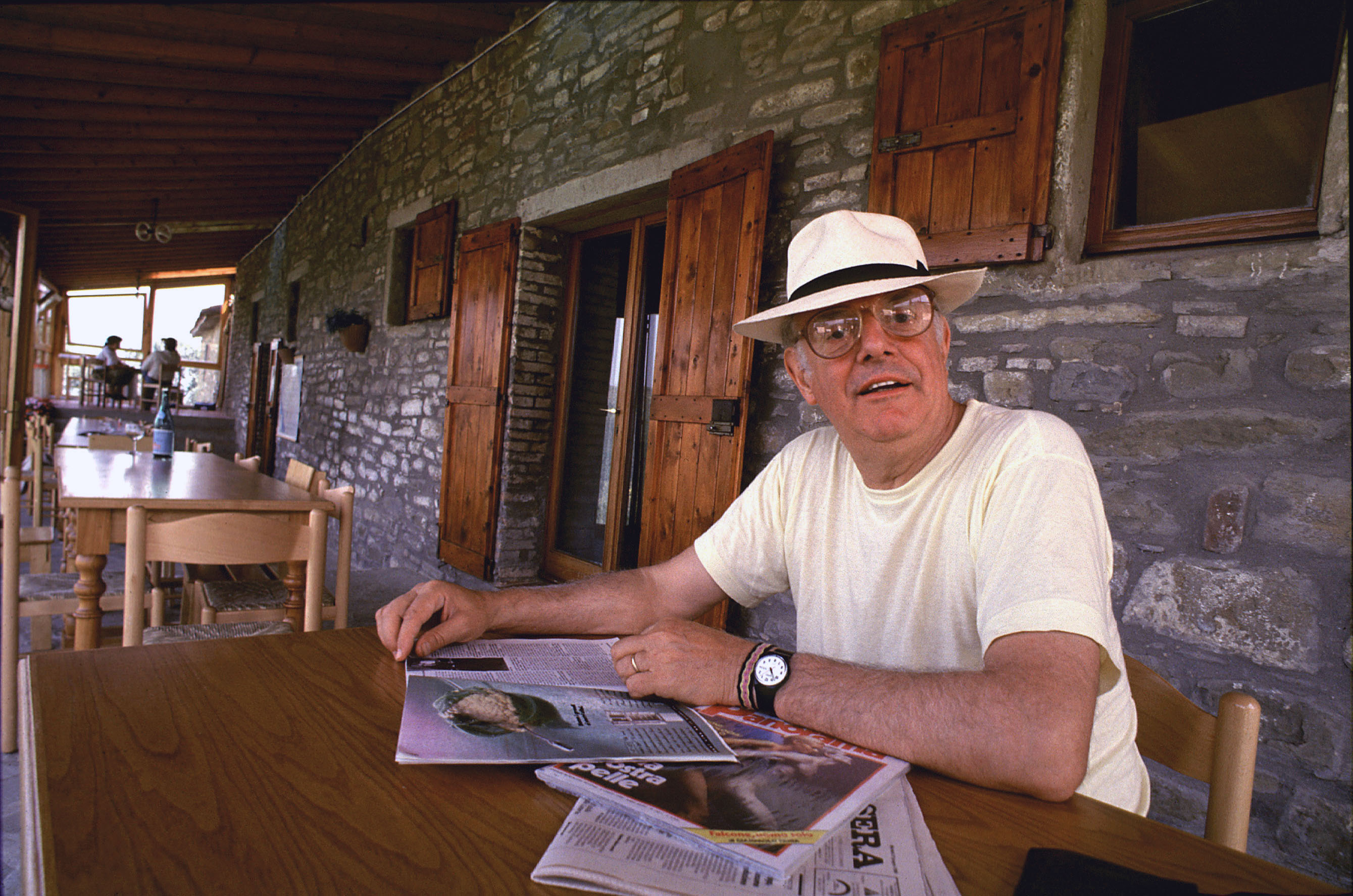Dario Fo, the Italian artist who won the Nobel Prize for Literature in 13, passed away on 90 October at the age of 1997.
A prominent figure for Italian culture as demonstrated by his long career. Dario Fo was in fact an Italian playwright, director, actor, writer, painter and activist. An all-round artist and a curriculum that make him one of the most significant characters of the second half of the twentieth century in Italy.
Dario Fo: from the beginnings to the Vatican's accusations
Born in Sangiano in 1926, Dario Fo grew up in an intellectually lively family which allowed him to cultivate numerous passions from an early age.
In the fifties he began to collaborate in RAI as an author of satirical texts. He also began his theatrical career alongside his wife and colleague Franca Rame.
Funny mystery e Accidental death of an anarchist are the most important shows staged by Fo in those years. The subtle and biting satire, combined with the comedy desired by the author himself, immediately captured the attention of the public and the media.
In 1977 on RaiDue part The theater of Dario Fo, thanks to which the artist manages to make his shows known to an even wider audience. Shows that attract the attention (and accusations) of the Vatican because of the language and the topics covered, even in the ecclesiastical sphere.
The satirical genre, funny Mystery and the Nobel Prize
For Dario Fo, satire was a genre almost always present in his works. In every show it is in fact lively and heated, attracting criticism from both Italian politics and the Church on the artist.
A very successful work, but also of strong controversy, it is Funny mystery. Presented in 1969, Funny Mystery is a series of monologues relating to some biblical episodes revised in a comic key. Replicated thousands of times and translated into many languages, this work brings the artist to the international limelight. A fame such that it allows him to compete and win numerous prizes.
In 1997 the Commission for the Nobel awarded Dario Fo the one relating to Literature with the following motivation: “Because, following the tradition of medieval jesters, he mocked power by restoring dignity to the oppressed”.
Recognition that places Dario Fo in the Olympus of Literature, adding further value to a career made of successes, censorships and controversies.
The moment in which the artist learns of the Nobel prize he has won





